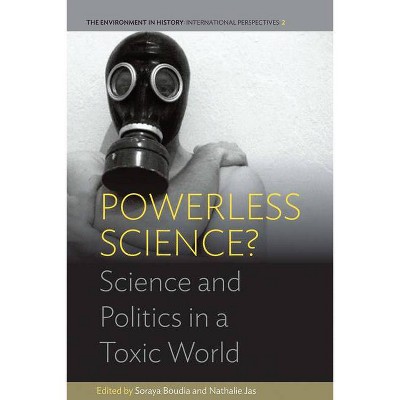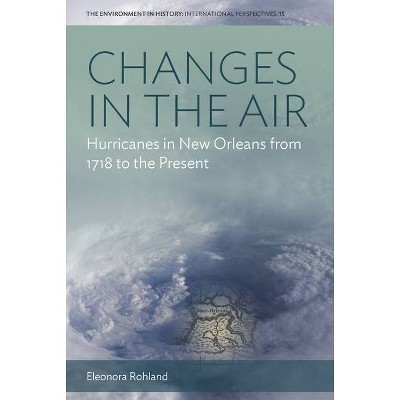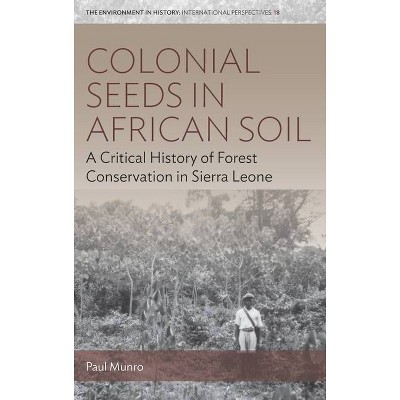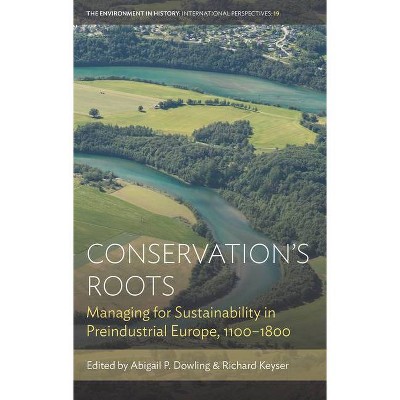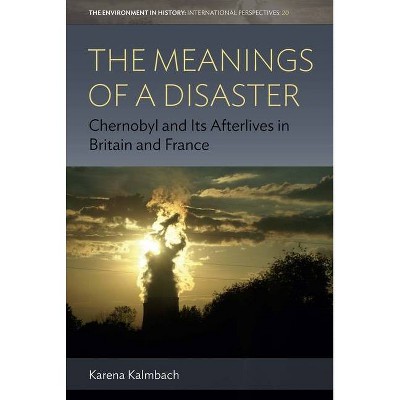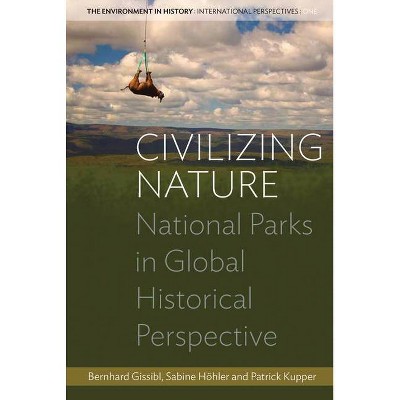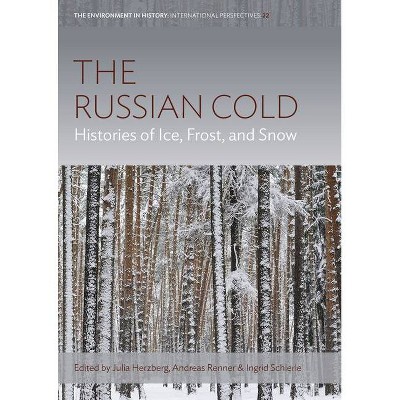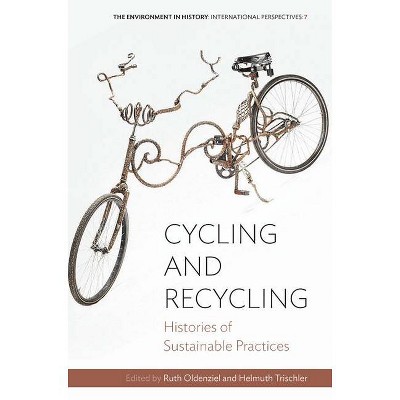Hazardous Chemicals - (Environment in History: International Perspectives) by Ernst Homburg & Elisabeth Vaupel (Hardcover)
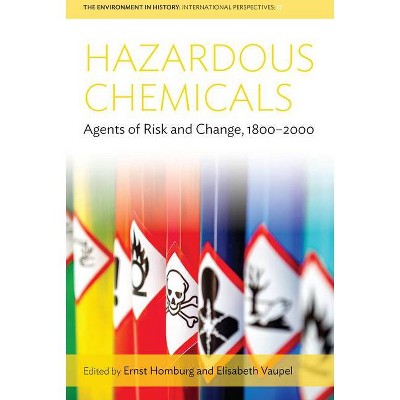
Similar Products
Products of same category from the store
AllProduct info
<p/><br></br><p><b> About the Book </b></p></br></br>Covering a host of both notorious and little-known chemicals, this collection investigates the emergence of specific toxic, pathogenic, carcinogenic, and ecologically harmful chemicals as well as the scientific, cultural and legislative responses they have prompted.<p/><br></br><p><b> Book Synopsis </b></p></br></br><p> Although poisonous substances have been a hazard for the whole of human history, it is only with the development and large-scale production of new chemical substances over the last two centuries that toxic, manmade pollutants have become such a varied and widespread danger. Covering a host of both notorious and little-known chemicals, the chapters in this collection investigate the emergence of specific toxic, pathogenic, carcinogenic, and ecologically harmful chemicals as well as the scientific, cultural and legislative responses they have prompted. Each study situates chemical hazards in a long-term and transnational framework and demonstrates the importance of considering both the natural and the social contexts in which their histories have unfolded.</p><p/><br></br><p><b> Review Quotes </b></p></br></br><br><p> <em>"Homburg and Vaupel provide an excellent review of the industrial development of eight chemical substances that have emerged as problematic agents to global public health and the environment since the dawn of the industrial revolution...the language here is non-technical, and each chapter provides extensive footnotes and references...Recommended"</em> <strong>- Choice</strong></p> <p> <em>"Ernst Homburg and Elisabeth Vaupel make an outstanding contribution to historical toxicology by assembling an impressively varied but closely interconnected collection of essays that focus on a number of industrially produced chemical substances. They do so, too, by their own introductory overview of toxicological concepts and developments across the nineteenth and twentieth centuries and by a conclusion that addresses the overarching question of periodization in the historiography of the regulation of hazardous chemicals."</em> <strong>- Isis Journal</strong></p> <p> <em>"This collection is an important addition to the literature and will help the field take the now overdue step from national to global research."</em> <strong>- Labour History Review</strong></p> <p> <em>"</em>Hazardous Chemicals <em>hopefully also encourages medical doctors to stay alert to signs of toxicity, to conduct good research, and to formulate conclusions so clearly that industry, legislation and the public can actually do something with it."</em> <strong>- Medisch Contact</strong></p> <p> <em>"These very rich investigations into the history of poison, hazard and regulation contain new insights and empirical findings.</em> Hazardous Chemicals <em>is a very substantial addition to the literature in the field."</em> <strong>- Carsten Reinhardt</strong>, University of Bielefeld</p> <p> <em>"</em>Hazardous Chemicals <em>is a bold contribution to the blooming field of historical studies on toxic products. It includes many excellent chapters that approach the topic from many different perspectives, covering a broad range of harmful substances, geographical contexts, and stakeholders while giving insightful analyses of relevant cases and offering comparative perspectives on toxic risk regulation."</em> <strong>- José Ramón Bertomeu Sánchez</strong>, Universitat de València</p><br><p/><br></br><p><b> About the Author </b></p></br></br><p> <strong>Ernst Homburg</strong> is Professor of History of Science and Technology Emeritus at Maastricht University. His scholarly work has included the co-editorship of two multivolume book series on the history of technology in the Netherlands, as well as of <em>New Dictionary of Scientific Biography</em> (2007), and <em>Solvay: History of a Multinational Family Firm</em> (2012, with Kenneth Bertrams and Nicolas Coupain).</p>
Price History
Price Archive shows prices from various stores, lets you see history and find the cheapest. There is no actual sale on the website. For all support, inquiry and suggestion messagescommunication@pricearchive.us
